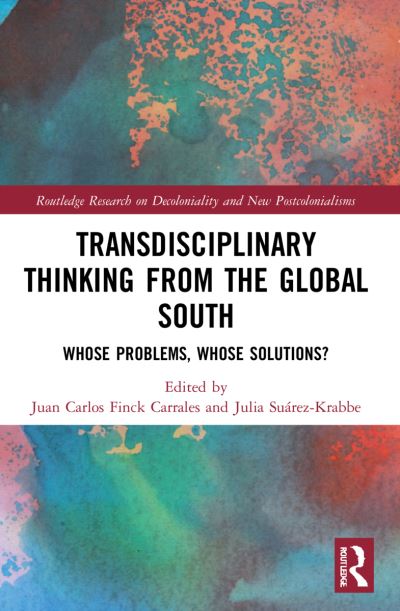
This book promotes constructive and nuanced transdisciplinary understandings of some of the critical problems that we face on a global scale today by thinking with and from the Global South. It is engaged in transmodernising, pluriversalising, decolonising, queering, and/or posthumanising thinking and practice.
The book aims to contribute to and challenge current debates regarding knowledge, diversity, and change. This is achieved through the application of transdisciplinary and indisciplined perspectives to the Himalayan Anthropocene; transport services in Mexico City; the EU-Turkey border regimes and policy; egoism and the decolonisation of whiteness; the Witch and the decolonisation of the gender binary; Nepalese students in Denmark; and the decolonisation of global health promotion. The book thereby provides the reader a multiplicity of pathways of knowledges and practices that address current problems co-produced by the dominant Western colonial onto-epistemic outset, giving way to 'other' knowledge-practices, towards a pluriversal approach.
This book will be of interest to upper-level undergraduate and graduate students in disciplines such as human geography, development studies, politics, international relations, sociology, anthropology, cultural studies, planning, and philosophy. It is also relevant to researchers, development workers and human rights/environmental activists, and other intellectual practitioners.
| ISBN: | 9781032000381 |
| Publication date: | 25th September 2023 |
| Author: | Juan Carlos Finck Carrales, Julia SuárezKrabbe |
| Publisher: | Routledge an imprint of Taylor & Francis |
| Format: | Paperback |
| Pagination: | 154 pages |
| Series: | Routledge Research on Decoloniality and New Postcolonialisms |
| Genres: |
Development studies Ethnic studies Colonialism and imperialism National liberation and independence Human geography Regional geography Sociology |